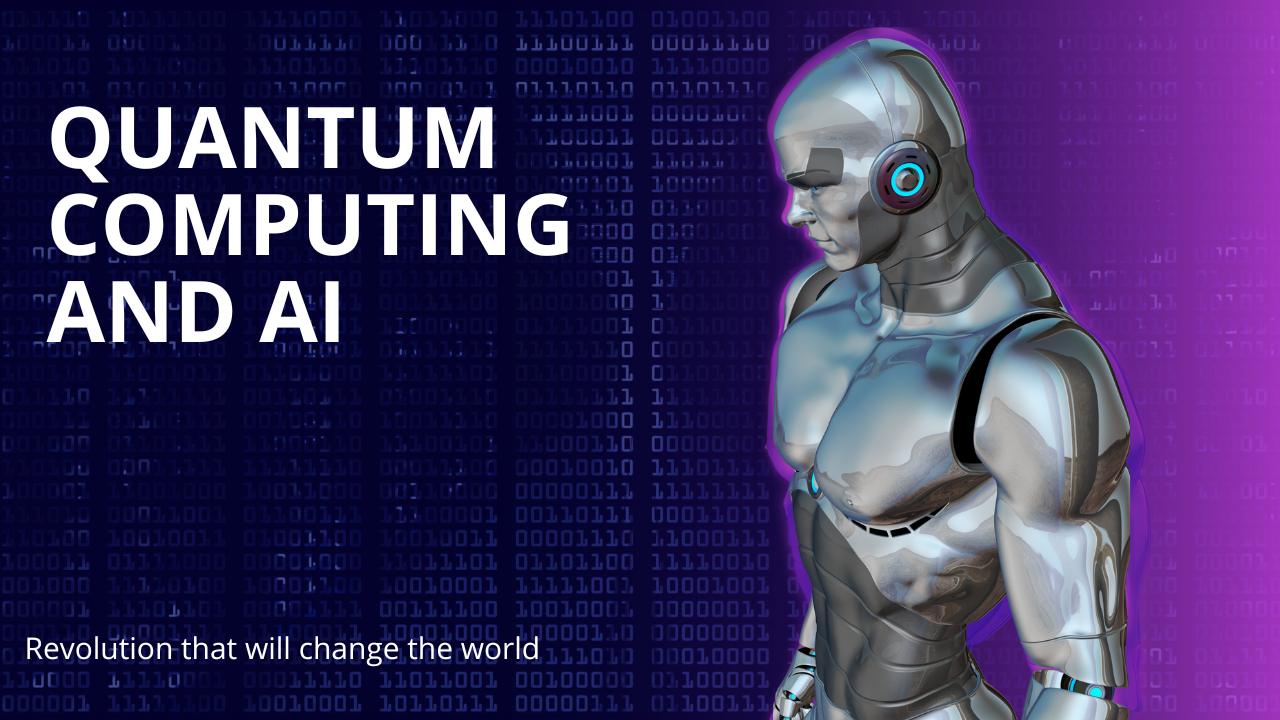In today’s ever-changing technological landscape, two tremendous forces are combining to alter the future like never before: quantum computing and artificial intelligence (AI). These game-changing sectors are poised to disrupt the way we process information, solve complicated issues, and reshape industries. This blog will take you on journey into the worlds of quantum computing and artificial intelligence, examining how they will work together to catapult us into the next generation of technological developments.
The Quantum Leap:
Let’s start by unraveling the mysteries of quantum computing. Consider how your standard computer, which processes information using bits (0s and 1s), could conduct an incredible amount of operations at the same time thanks to quantum bits, or qubits. These qubits exist in numerous states at the same time, taking use of quantum superposition and entanglement. As a result, quantum computers can now solve complicated problems that traditional computers could not.
The AI Revolution:
Let us now move on to Artificial Intelligence. The development of robots and algorithms that can replicate human intelligence, such as learning, reasoning, problem-solving, and decision-making, is referred to as artificial intelligence (AI). AI has already invaded many facets of our lives, from virtual assistants like Siri and Alexa to Netflix and Amazon, various AI tools like Chat-GPT, Dalle, Durable.ai, etc. However, the best is yet to come.
Quantum AI Synergy:
The real magic happens when quantum computing meets AI. Here’s how they complement each other:
Speed and efficiency: Quantum computers can process massive datasets in a fraction of the time that traditional computers would. This performance gain is a game changer for AI systems, allowing them to train on enormous datasets and make judgments in real time.
Improved Machine Learning: Quantum computing improves machine learning techniques, allowing AI systems to better grasp and predict complicated patterns in data. This results in more accurate predictions and better decision-making.
Enhanced Security: Quantum computing introduces new security concerns, yet it can be used to produce unbreakable encryption solutions. This will be critical as AI systems handle sensitive data in industries such as healthcare and finance.
Applications
Drug Development: By simulating chemical interactions with remarkable accuracy, quantum computing helps speed up medication development.
Climate Modeling: With the use of quantum computing, AI algorithms can evaluate large climate datasets, producing more accurate climate models and more accurate environmental forecasts.
Financial Modeling: Risk analysis, portfolio optimization, and fraud detection in the financial sector could all be revolutionized by quantum artificial intelligence.
Autonomous Vehicles: AI-driven self-driving cars can benefit from the real-time decision-making capabilities enabled by quantum computing.
Healthcare Innovations: Quantum AI can expedite genetic analysis, tailored therapy, and medical imaging.
